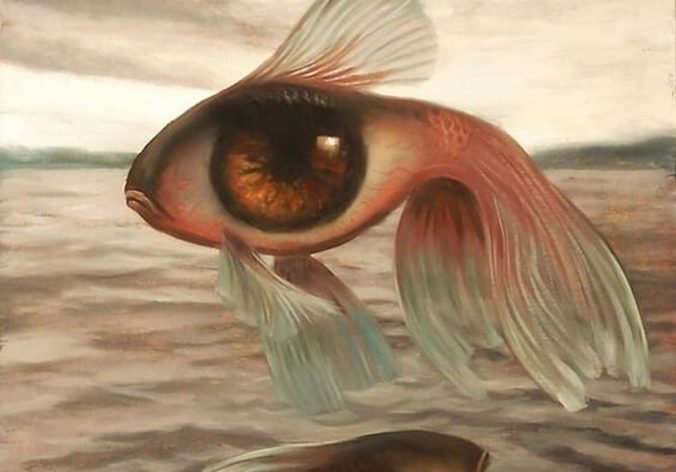Experience Freedom from Anxiety, Stress and Depression Easily.
Mankind is only starting to become aware of the intricacies of our consciousness. It is so vast, that we struggle to understand the complexities involved with it.
We do know that our consciousness includes our conscious mind, our subconscious mind, and then the unconscious mind (which is linked to the subconscious mind).
A good analogy to use to explain this is to consider the composition of an iceberg.
When we observe an iceberg, what we generally become aware of is the portion of the iceberg which is above the waterline. Many of us assume that this is the entire iceberg. The fact is that this portion amounts to about 10% of the entire mass. We can equate that 10% above the waterline to our conscious minds. It’s the part of our consciousness that we are aware of. While we are engaging in conscious-mind activity, we are emitting beta brainwaves. We use our conscious minds to think, analyse, criticize, judge, and rationalise. We hold a certain amount of space within the conscious mind for memory, but it is a finite amount, and so what we automatically do is prioritize which memories we feel are important to hold on to, and which memories we can simply just forget about, eg what we may have had for dinner 6 weeks ago on a Wednesday.
Conscious memory usually only goes back as far as age 5 or 6.
The subconscious mind can be equated with the 90% of the iceberg which is below the waterline. We generally aren’t aware of it. It is incredibly powerful, and it powers the conscious mind, usually without us even realizing it.
The subconscious mind is a very literal portion of our consciousness, and quite simple or uncomplicated, but still massively powerful. While we are in a subconscious state, we are emitting alpha (light trance) and theta (deeper trance) brainwaves. While we are in this state, we are still aware of what is going on around us, although we are very relaxed.
The first aspect of the subconscious mind is that it is a massive data capturer. It has captured the memory of every single experience that we have ever had, since birth or even before that – so if we were asked what we had for dinner 6 weeks ago on Wednesday while we were in a subconscious state (ie hypnosis), we would remember that information effortlessly. We can also go back to memories before age 5 or 6 while in a subconscious state – we can even remember being in utero, which is quite amazing. We are fully developed subconsciously right from this stage.
The second aspect of the subconscious mind is that it is the seat of emotion – it’s where emotion stems from – and it drives behavior based on that emotion. The interesting thing is that whatever behavior the subconscious chooses to drive (based on the corresponding emotion), it always has a positive intent in mind, although we may not be consciously aware of what that positive intent is – in fact, we will usually consciously consider that behavior to be negative. It’s often what drives a person to seek therapy. An example could be engaging in a compulsive behavior such as drinking or drugging. Consciously we see that behavior as negative, and it is negative considering that it will probably cause physical, mental and emotional damage. However, engaging in that compulsive behavior is a subconscious attempt at escaping certain emotions or memories. Compulsive behaviors or addictions are almost always engaged in as a result of past trauma of some kind – either remembered or consciously forgotten. It’s a subconscious attempt at seeking a state of serenity.
The third aspect of the subconscious mind is that it is where our belief system resides. Our belief system is made up very early in life. It is formed as a result of the experiences we have had very early in life, as well as things we have been told or taught by people in authority in our lives such as our parent or teachers. It is usually fully formed by around age 7, and that is the belief system that we carry with us going forward. So if we had experiences early in life which caused us to believe that we are not good enough, for example, that is what we will believe about ourselves for the rest of our lives, no matter how much success we may experience going forward. We can make conscious attempts to address that, such as the use of positive affirmations etc. These may perhaps make a small temporary difference, but will never change our underlying belief about ourselves. The only way to positively re-program our belief system is by working subconsciously, which can lead to amazing positive changes.
We become unconscious when we go into a state of sleep. In this state we are not in a state of awareness. In this state we are emitting delta brainwaves. Subconscious activity such as dreaming can happen in this unconscious state.




Leave a Reply
You must be logged in to post a comment.